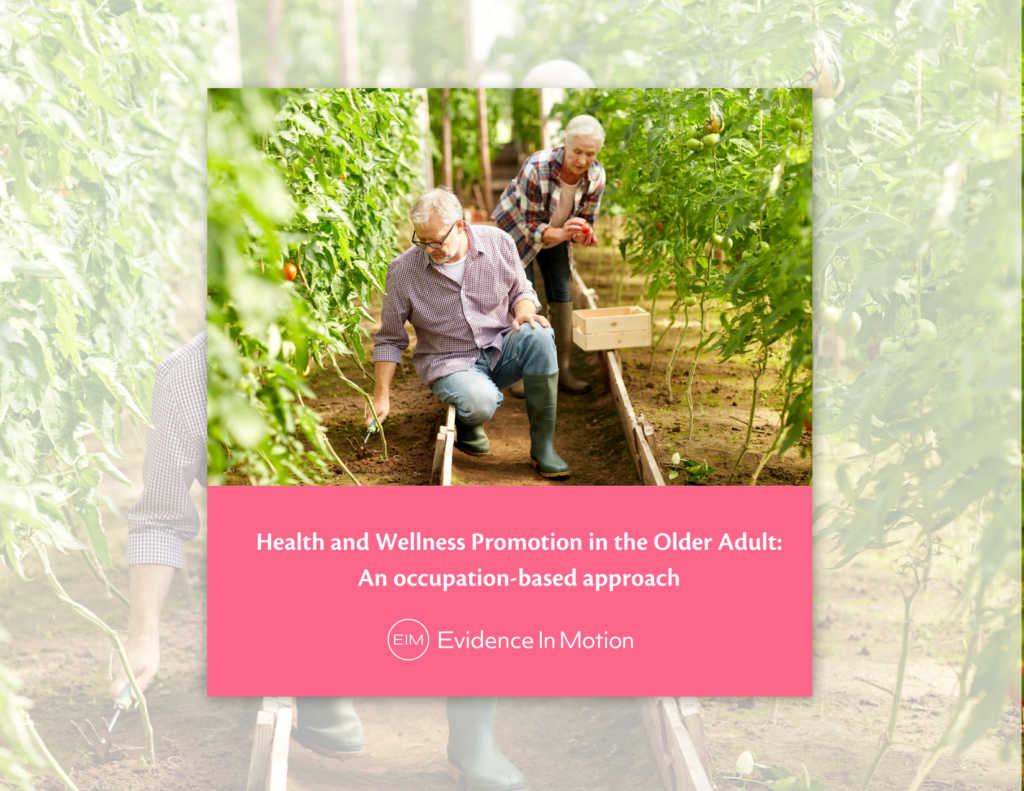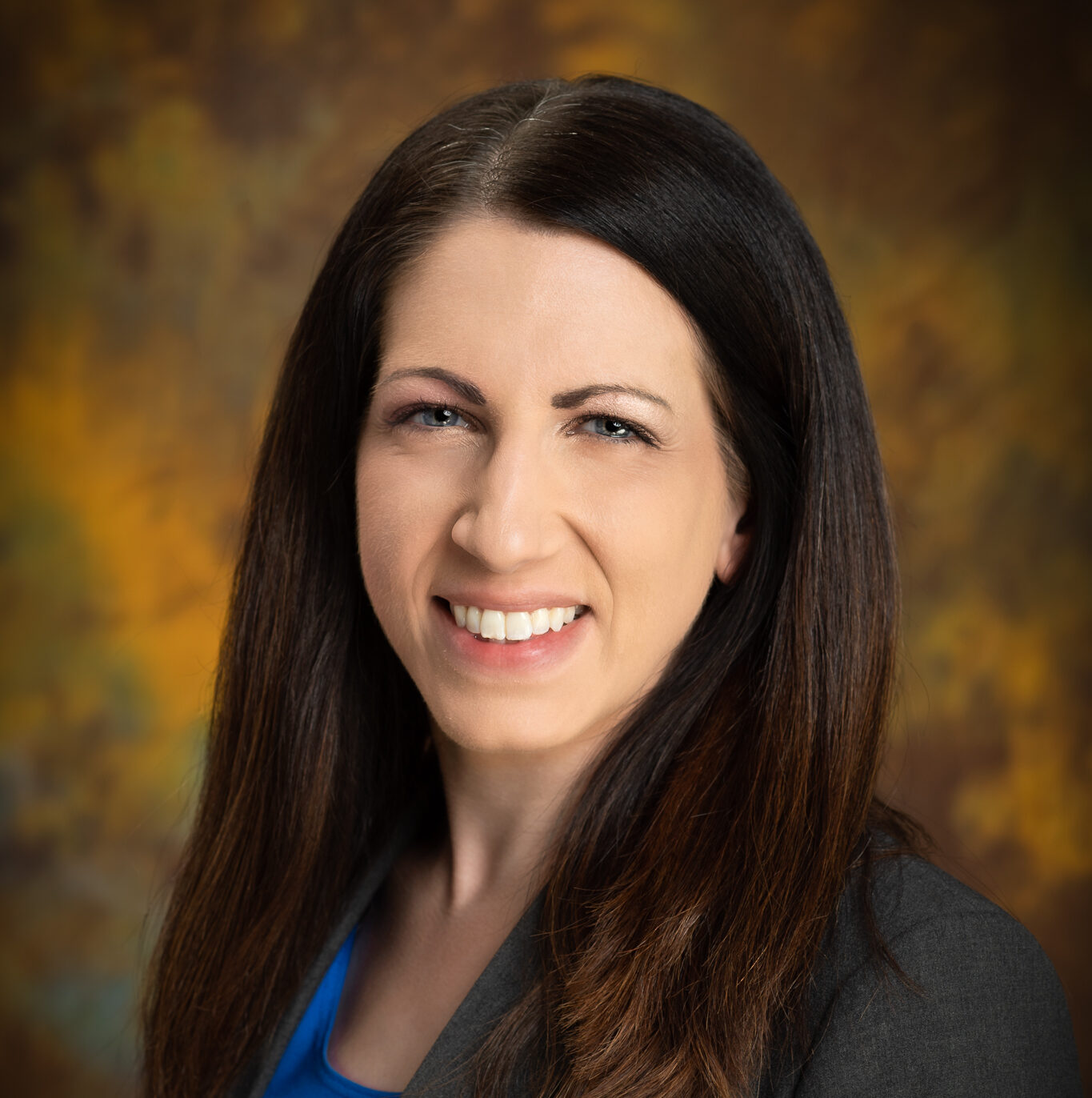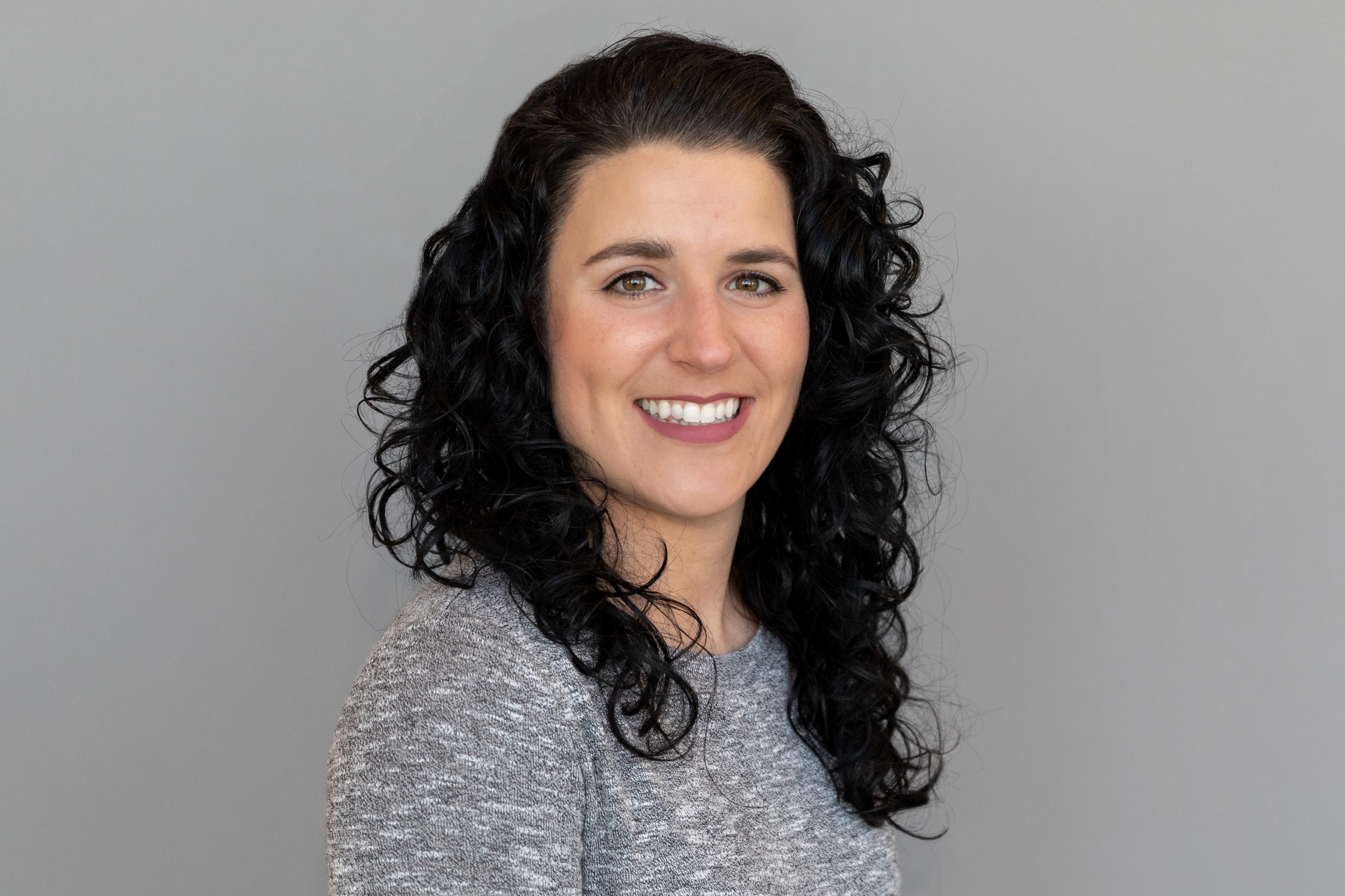
The U.S. Department of Health and Human Services has identified in its Healthy People 2030 initiative a focus on the improvement of quality of life for older adults and reduction of their specific health problems, as older adults are at a higher risk for chronic health problems and diseases.1 Therefore, a call to action is necessary for addressing the overall health and wellness of older adults, by first and foremost preventing the onset of disease and disability, but also by intervening to promote health and wellness behaviors to decrease the impact of, or even eliminate, common comorbidities.
Like many other populations, older adults benefit from an emphasis on health and wellness behaviors such as exercise and physical activity; diet and nutrition; stress management and sleep hygiene; as well as social interaction and fall prevention. Additionally, older adults have their own wellness priorities related to Hettler’s Six Dimensions of Wellness Model, including occupational (paid or unpaid work), intellectual (lifelong learning), emotional (stability and positivity), spiritual (purpose in life and value system), physical (activity and healthy eating), and social (form and maintain relationships) that need to be taken into consideration.2
Both occupational and physical therapists play an important role in addressing these health and wellness behaviors and priorities when working with the older adult population, with their respective scopes of practice complementing one another.3 The scope of occupational therapy, however, provides a unique focus in that it emphasizes an occupation-based approach to health and wellness. In this context, occupation refers to the things we need, want, and are expected to do that occupy our time. Occupation-based approaches utilize real-world valued activities as both an intervention and an end goal to facilitate improved quality of life, and also take into account habits, roles and routines. Older adults may spend their time participating in important and valued occupations such as performing their morning grooming routine before traveling to an appointment, attending a dance class at their local senior center, or preparing a weekly meal to share with their grandchildren. Occupational therapy as a profession therefore emphasizes physical and mental health through the lens of engagement in these occupations and activities that allow one to achieve the desired outcome of participation in chosen contexts and environments, thereby promoting, facilitating, supporting, and maintaining health and participation in daily life.4
To assess the older adult’s unique occupational wellness needs, a personalized occupational profile must be created as part of the evaluation process that would include both strengths and barriers towards health promotion.5 Both individual and group health and wellness intervention strategies may be employed, to include a specific occupational therapy-based intervention called Lifestyle Redesign® which requires additional training to utilize but has been studied and replicated in a variety of settings and contexts.6 To promote lasting occupation-based wellness change, one recent study by Takagi et al. in 2022 demonstrated that by having older adults utilize a daily occupational diary, they were able to sustain increased participation in satisfying occupations that promoted overall health and wellbeing for up to three months after the initial group wellness program ended.7
Ultimately, it will take an interdisciplinary health care team effort to ensure that the multitude of specialized health promotion and wellness needs of the older adult population are met in the coming decades, with every health care discipline speaking the same language. But the occupation-based language of the profession of occupational therapy provides a unique aspect as part of the overall picture for the quality of life of the older adult.
To learn more about occupational-based wellness, please watch the On-Demand FREE Webinar Event, that was hosted by Marissa and Megan Watch Now!
- U.S. Department of Health and Human Services. Goal: Improve health and well-being for older adults. August 2022. Accessed December 27, 2022. https://health.gov/healthypeople/objectives-and-data/browse-objectives/older-adults
- Strout K, Ahmed F, Sporer K, Howard EP, Sassatelli E, Mcfadden K. What are older adults wellness priorities? A qualitative analysis of priorities within multiple domains of wellness. Healthy Aging Res. 2018;7(2):e21.
- Morris DM, Jenkins GR. Preparing Physical and Occupational Therapists to Be Health Promotion Practitioners: A Call for Action. Int J Environ Res Public Health. 2018;15(2). doi:10.3390/ijerph15020392
- American Occupational Therapy Association. Occupational therapy in the promotion of health and well-being. Am J Occup Ther. 2020; 74, 7403420010: 1-14. https://doi.org/10.5014/ajot.2020.743003
- American Occupational Therapy Association. Improve Your Documentation and Quality of Care With AOTA’s Updated Occupational Profile Template. Am J Occup Ther. 2021;75(2):7502420010p1-7502420010p3. doi:10.5014/ajot.2021.752001
- Pyatak EA, Carandang K, Rice Collins C, Carlson M. Optimizing Occupations, Habits, and Routines for Health and Well-Being With Lifestyle Redesign®: A Synthesis and Scoping Review. Am J Occup Ther. 2022;76(5):7605205050. doi:10.5014/ajot.2022.049269
- Takagi M, Goami N, Bontje P. Benefits of Daily Occupational Diary Use 3 Months After a Health Promotion Program for Community-Dwelling Older Adults. Am J Occup Ther. 2022;76(5):7605205040. doi:10.5014/ajot.2022.049153

